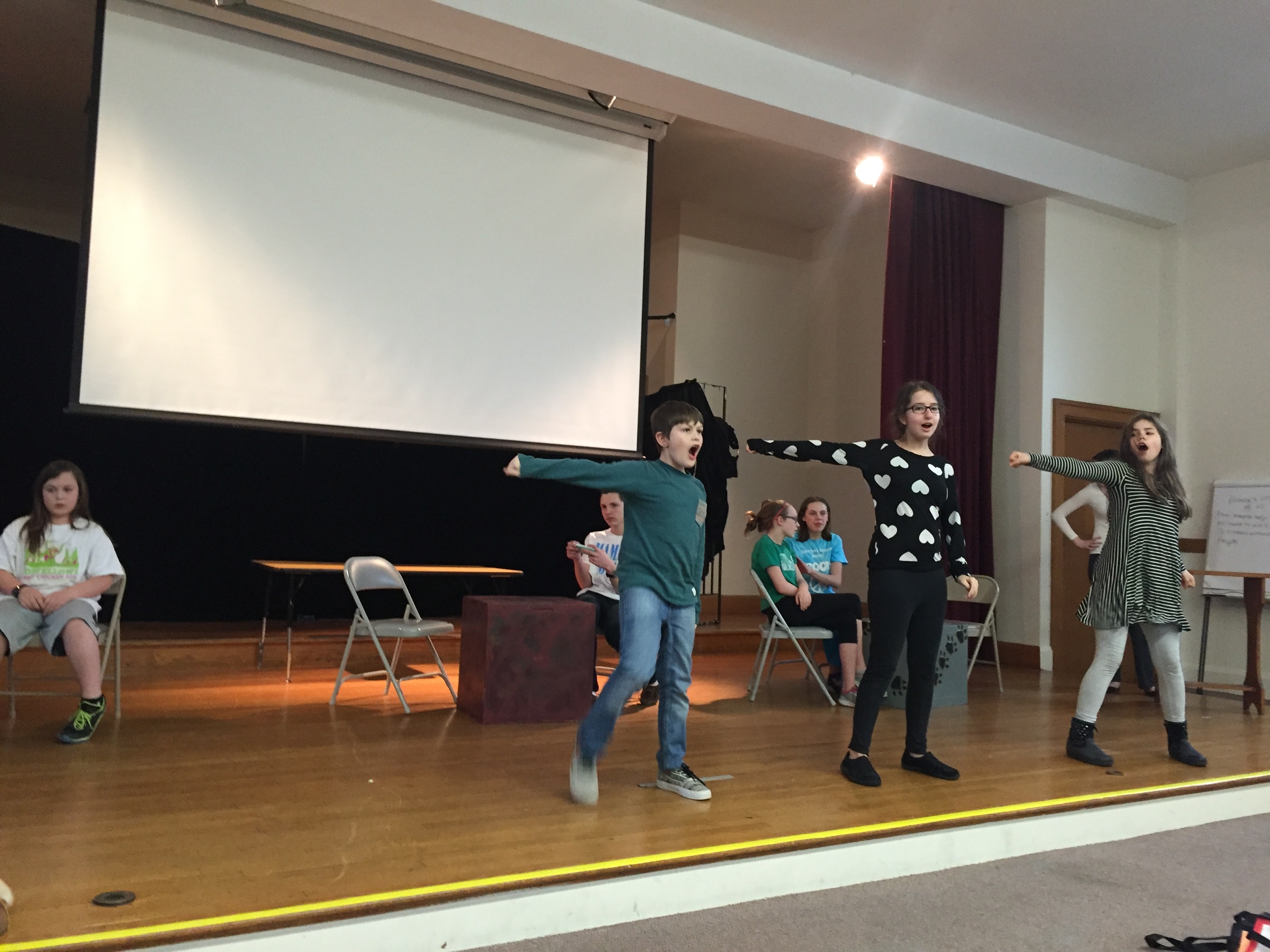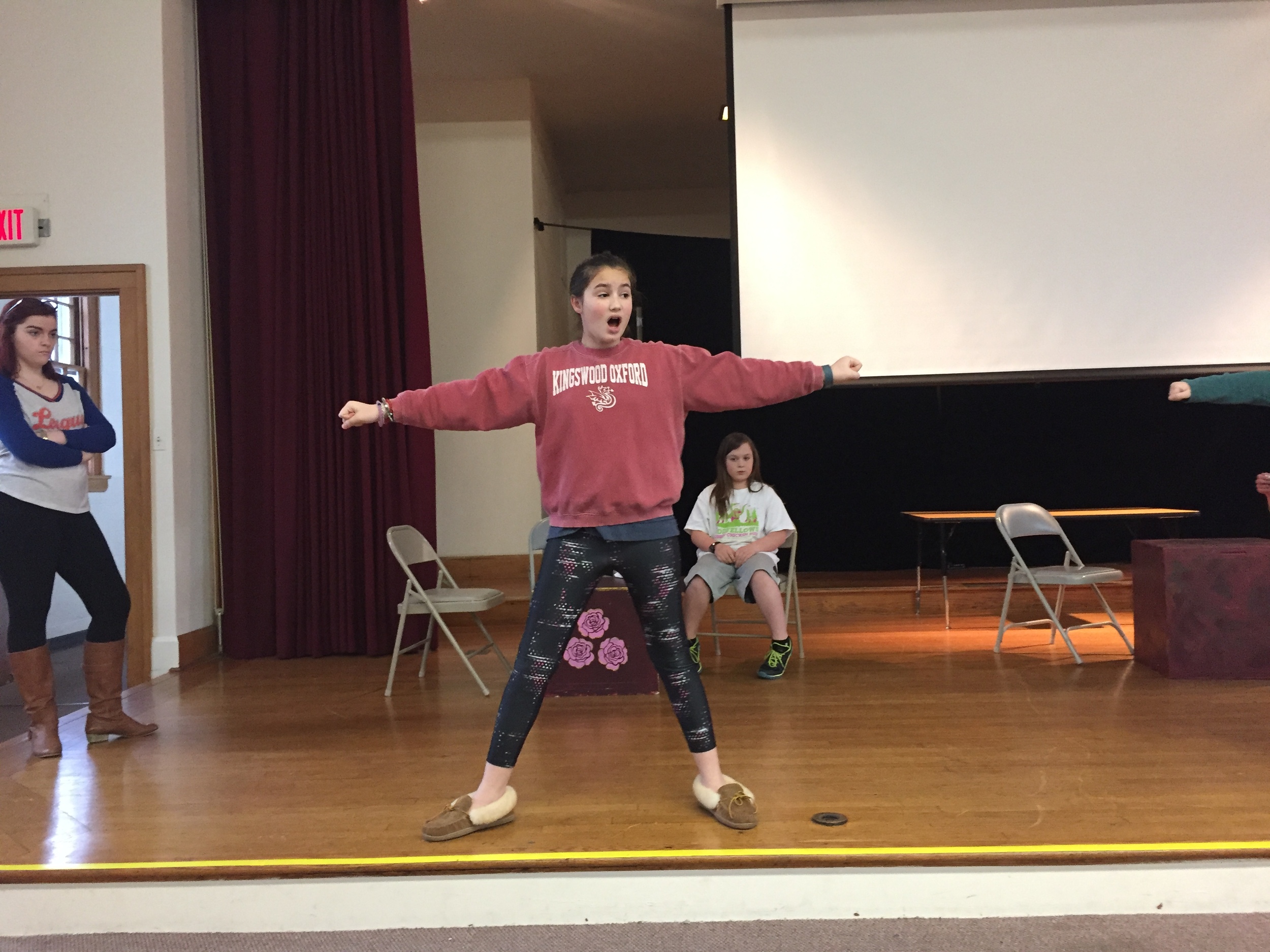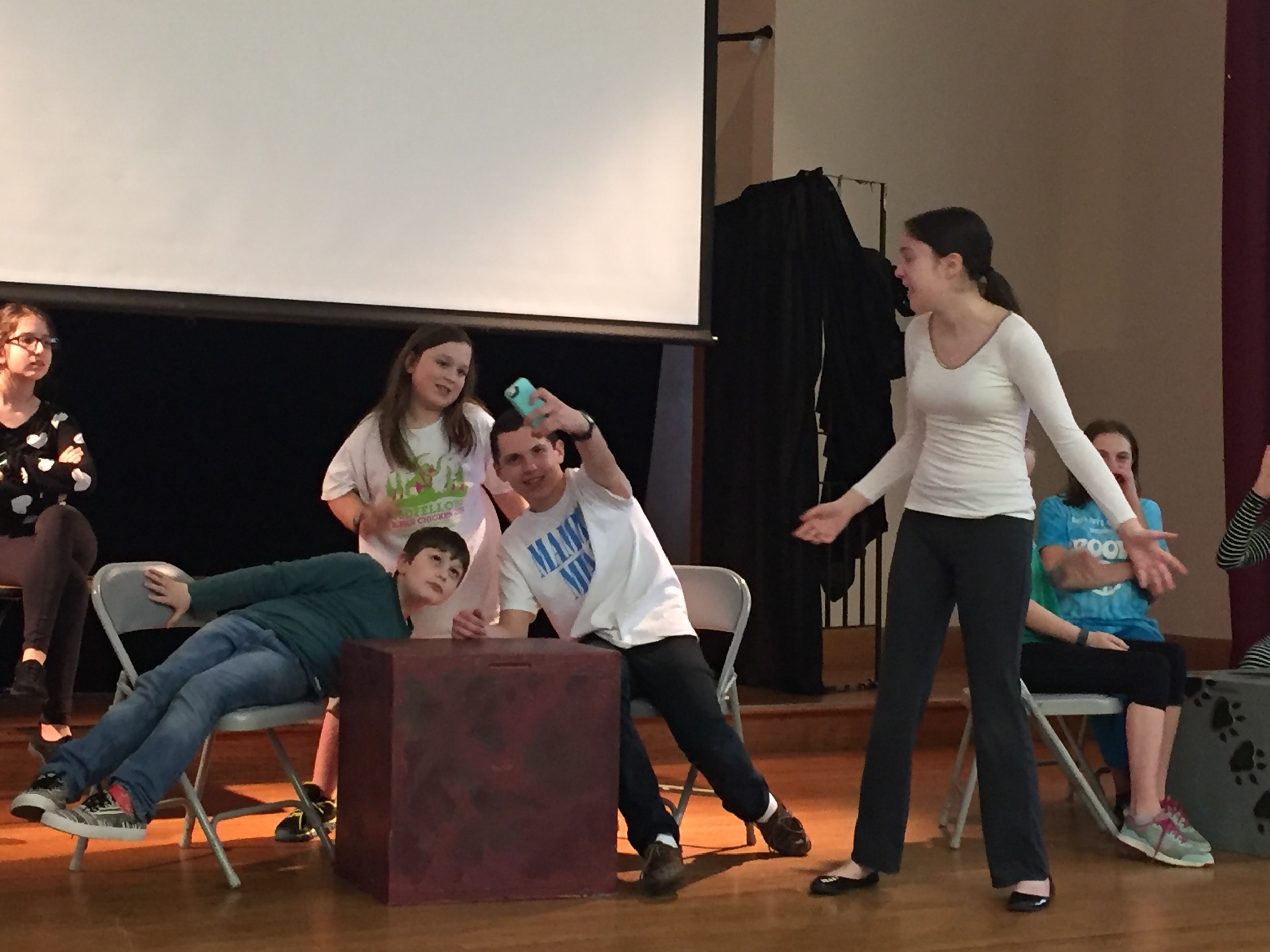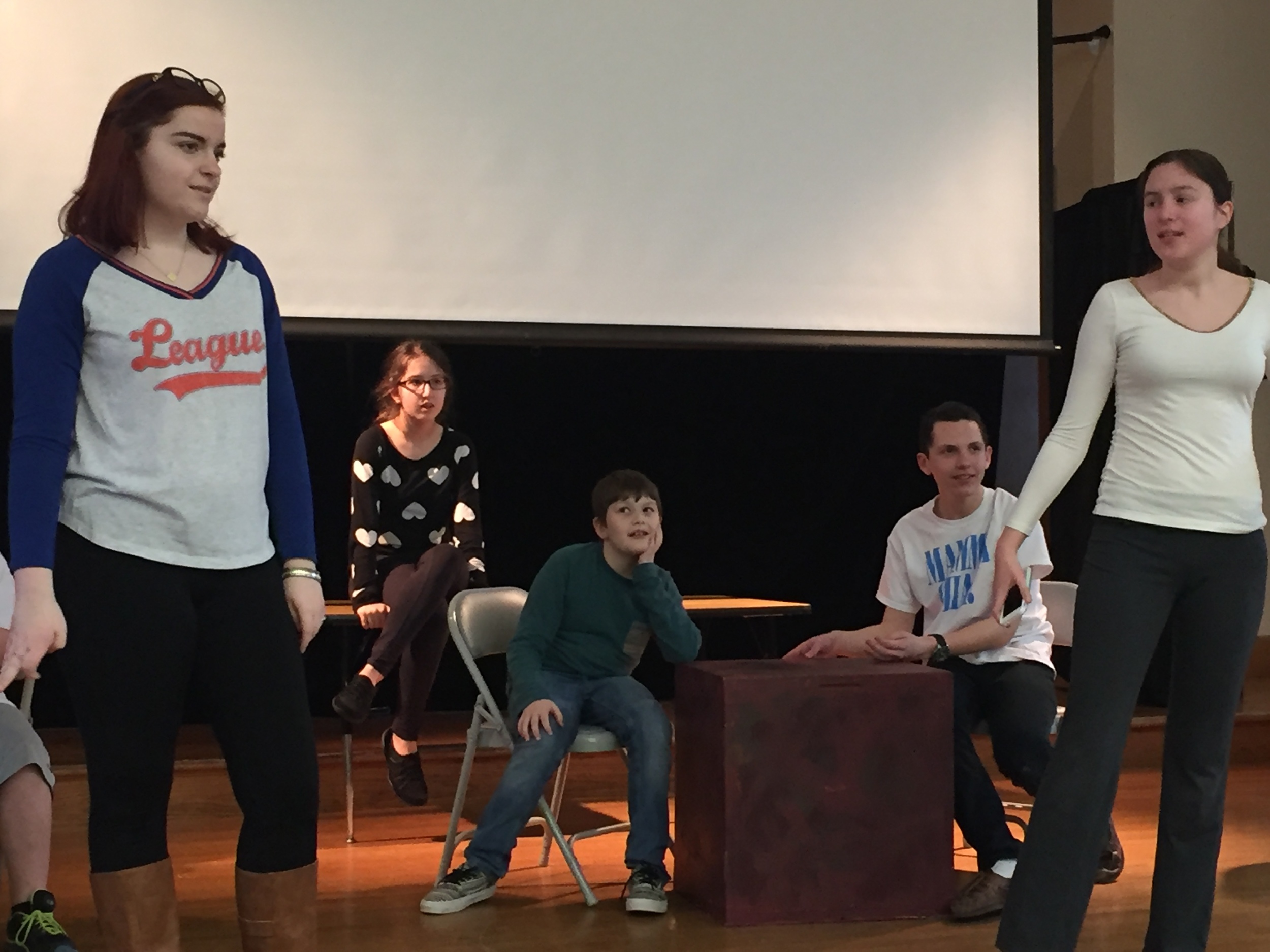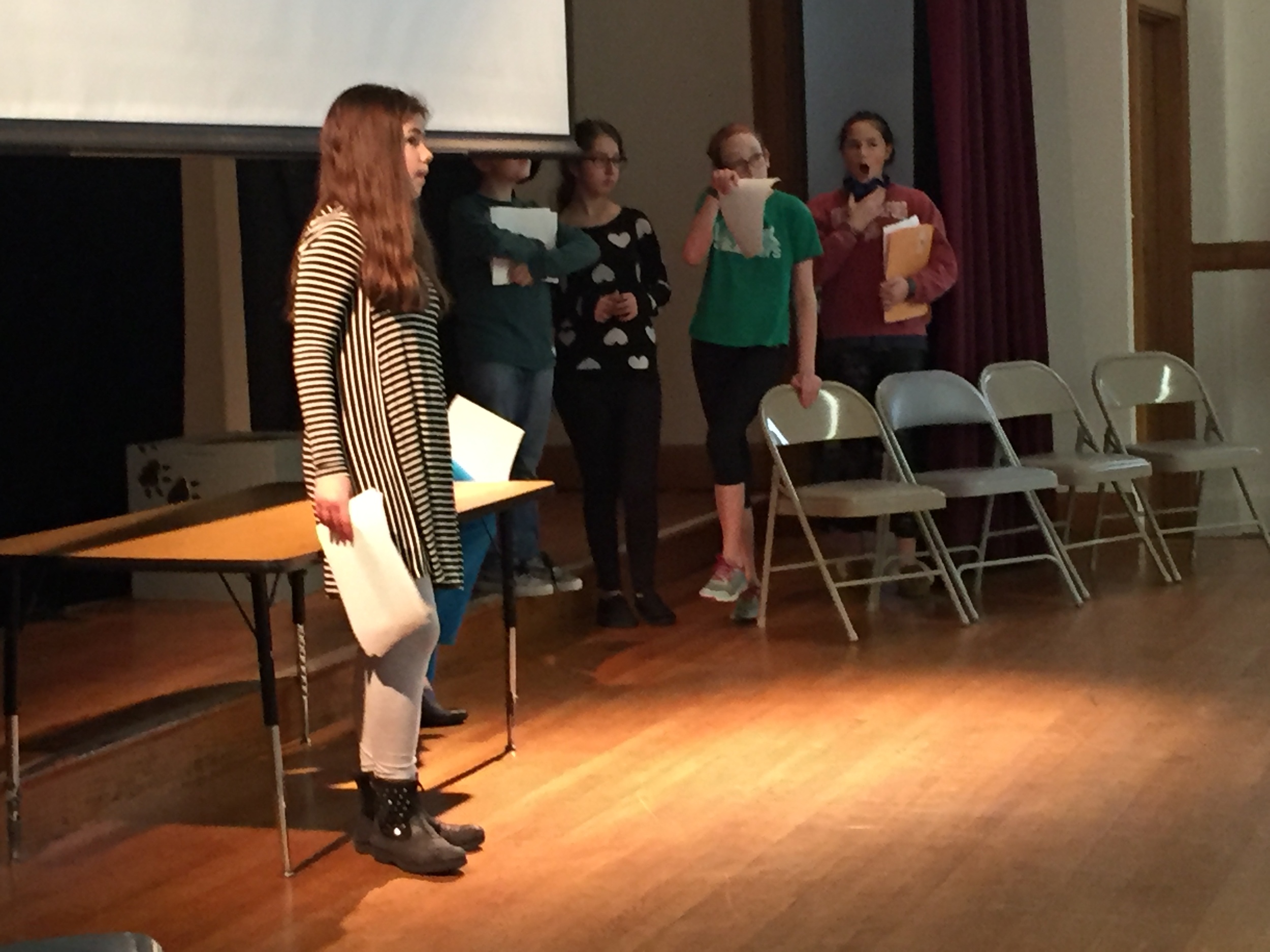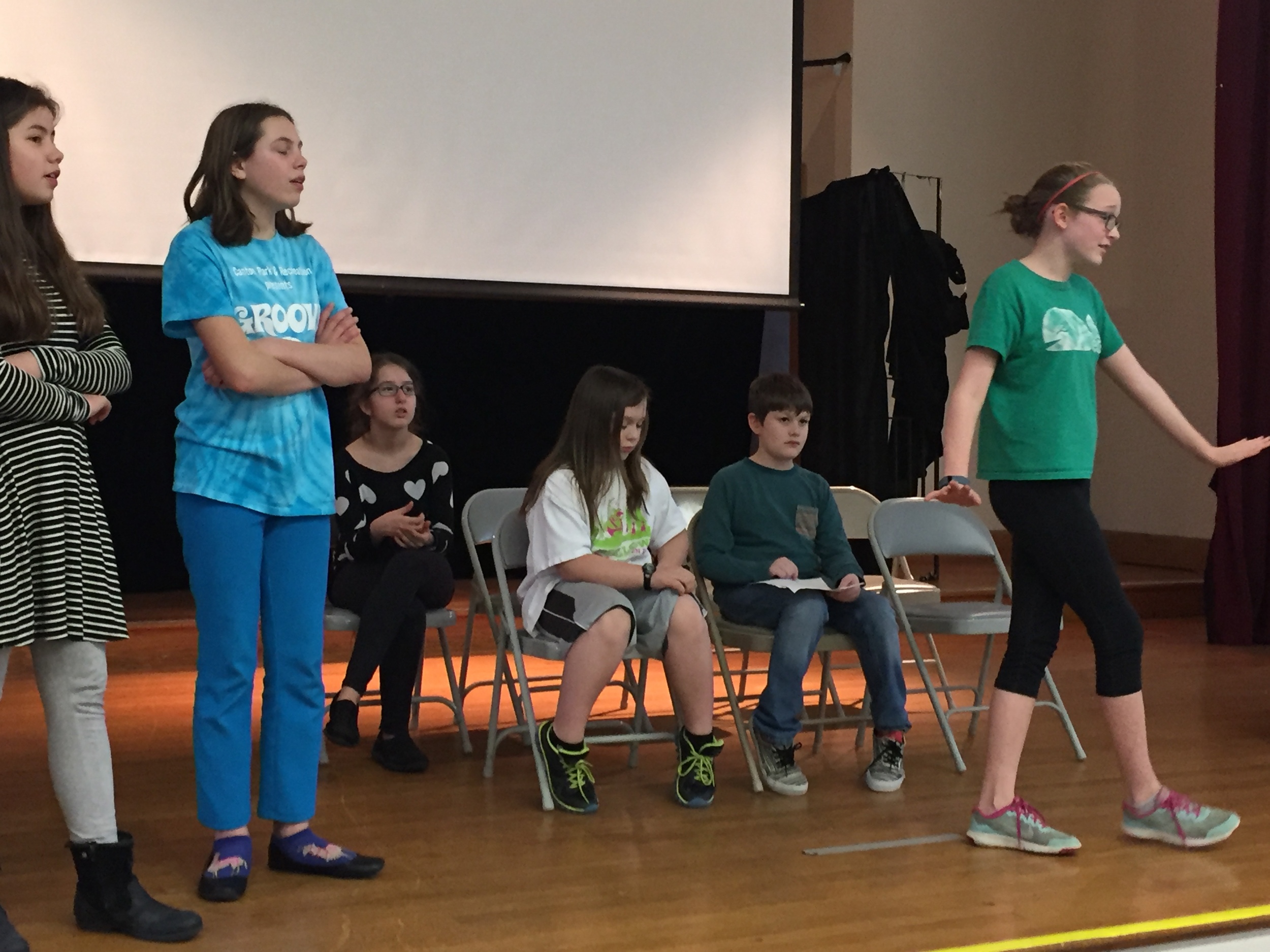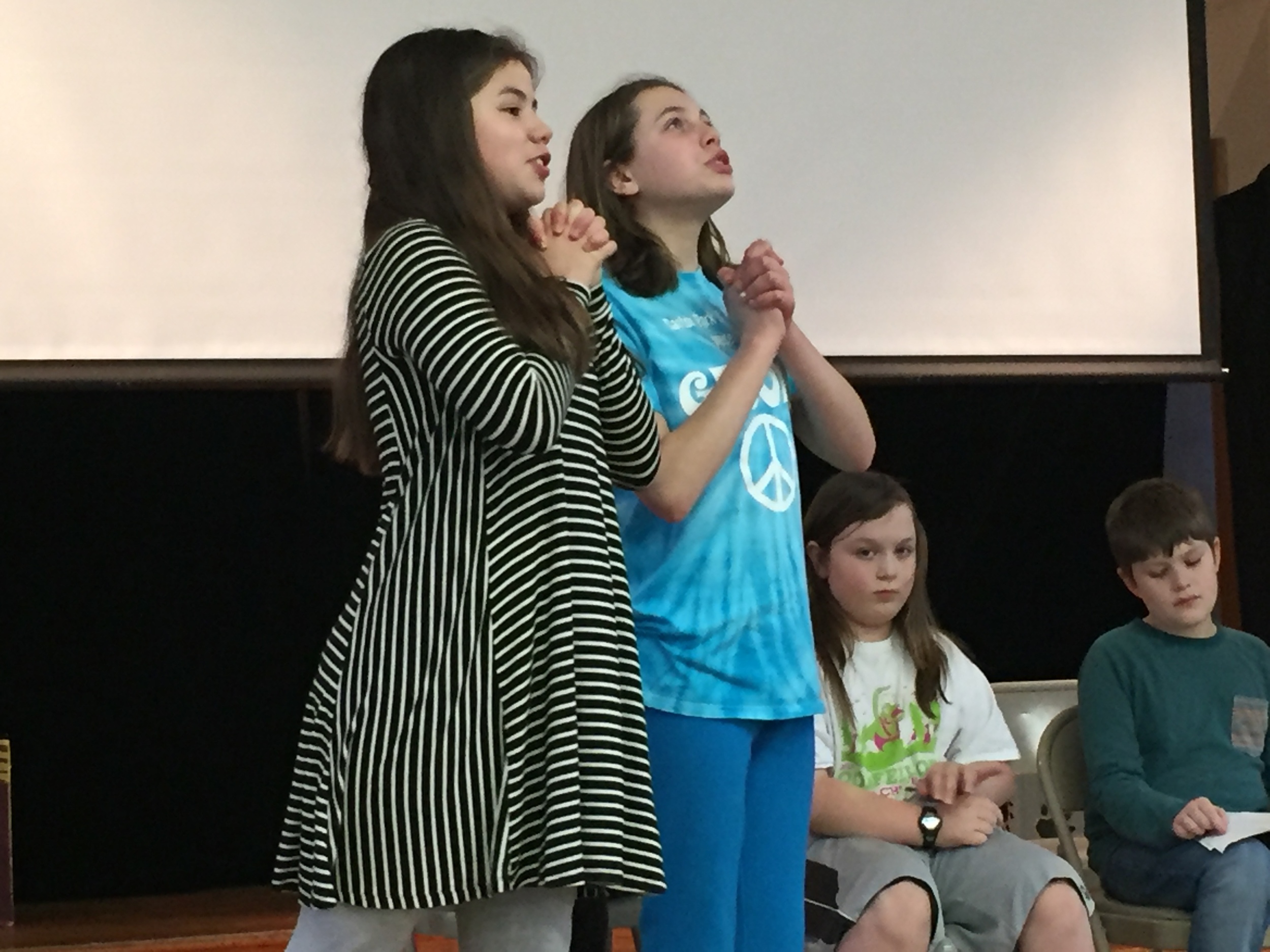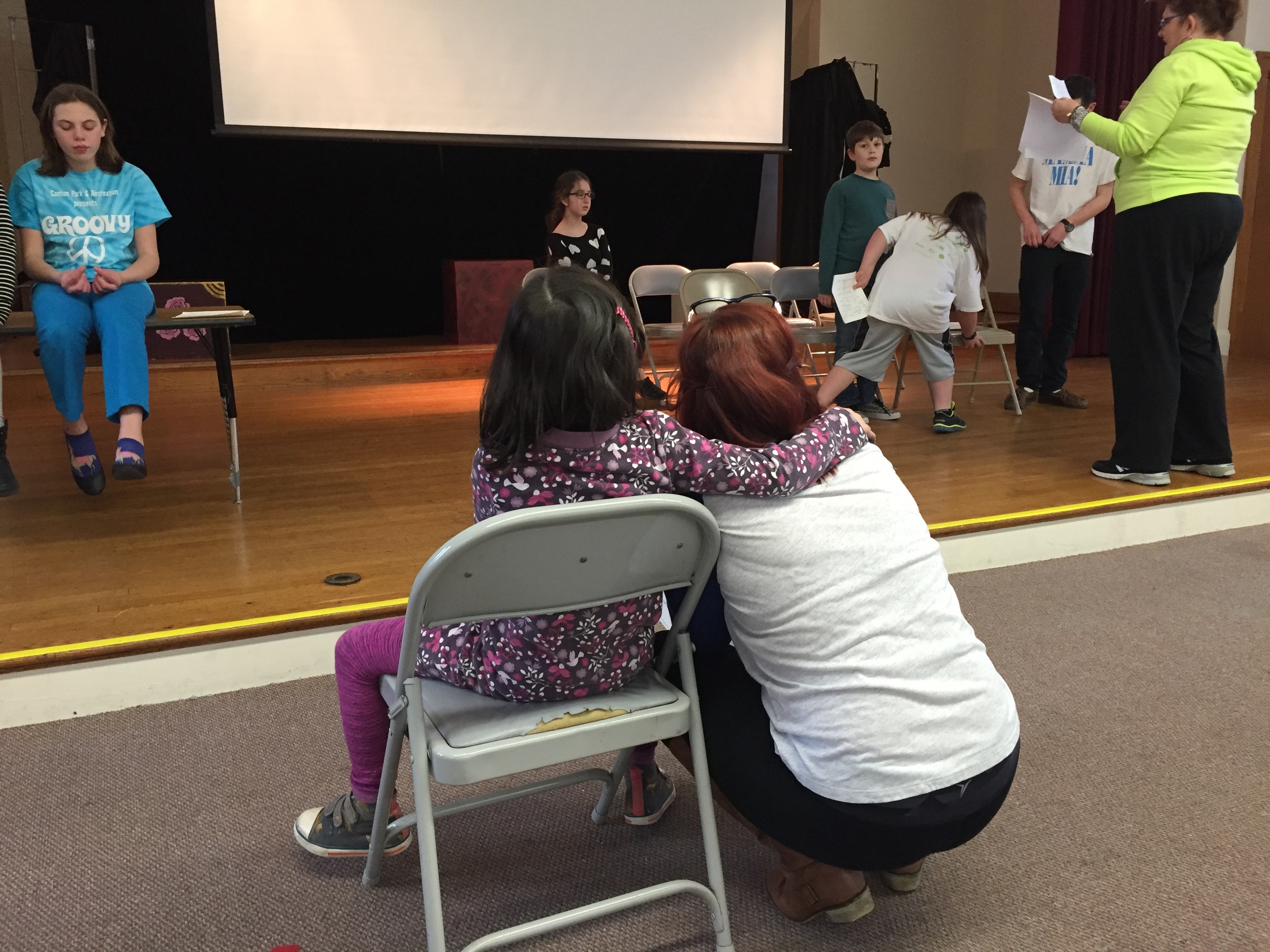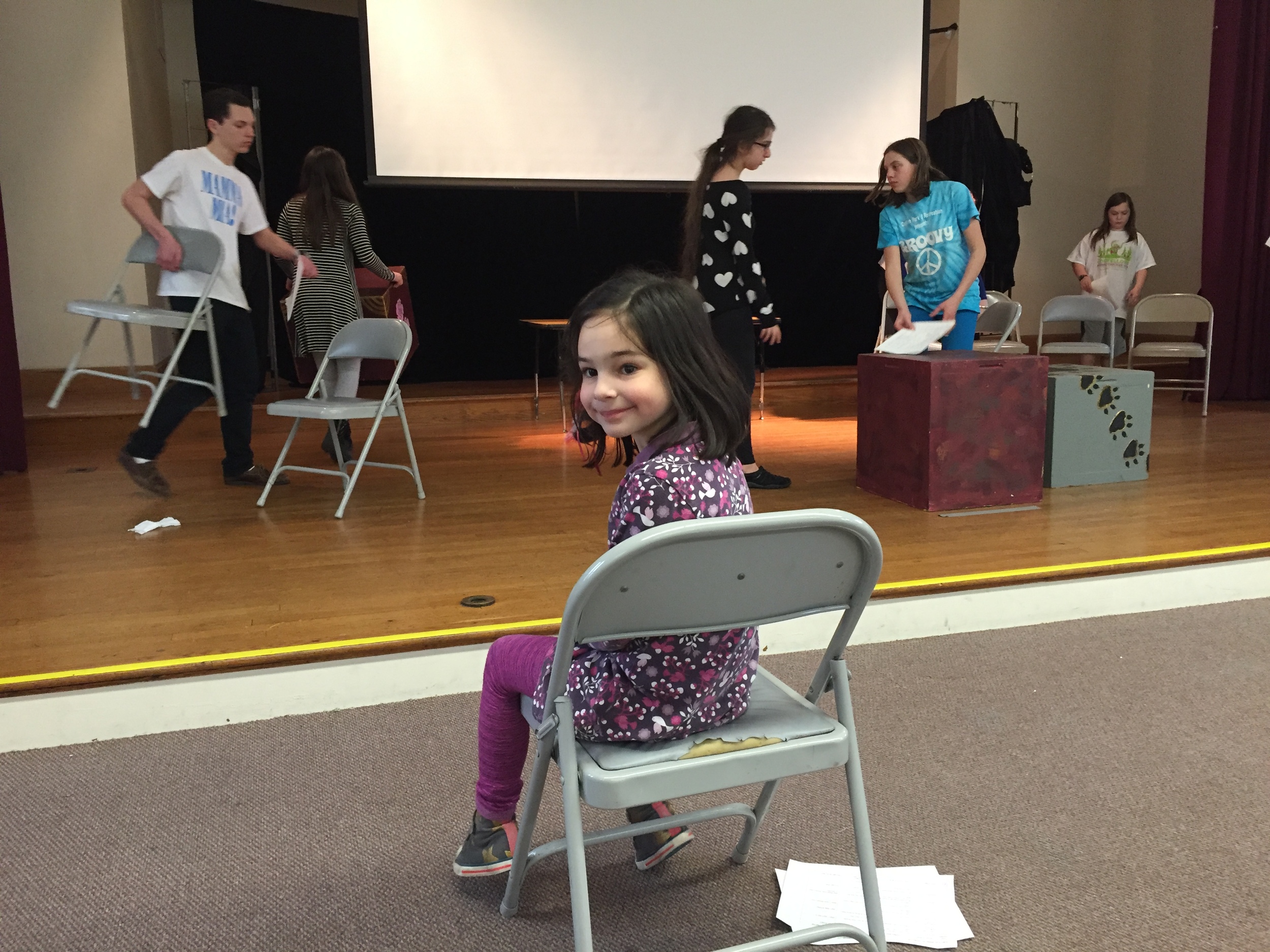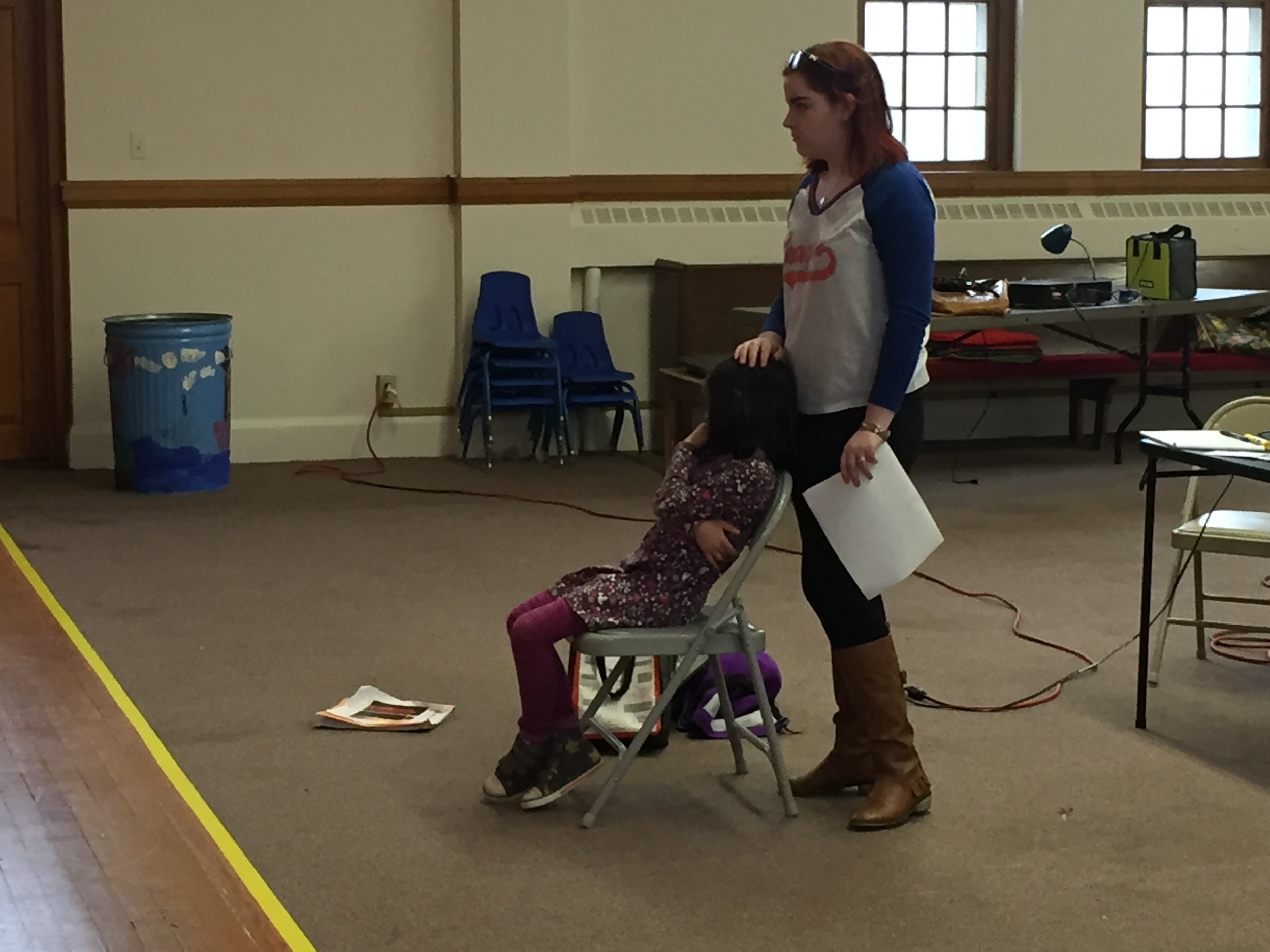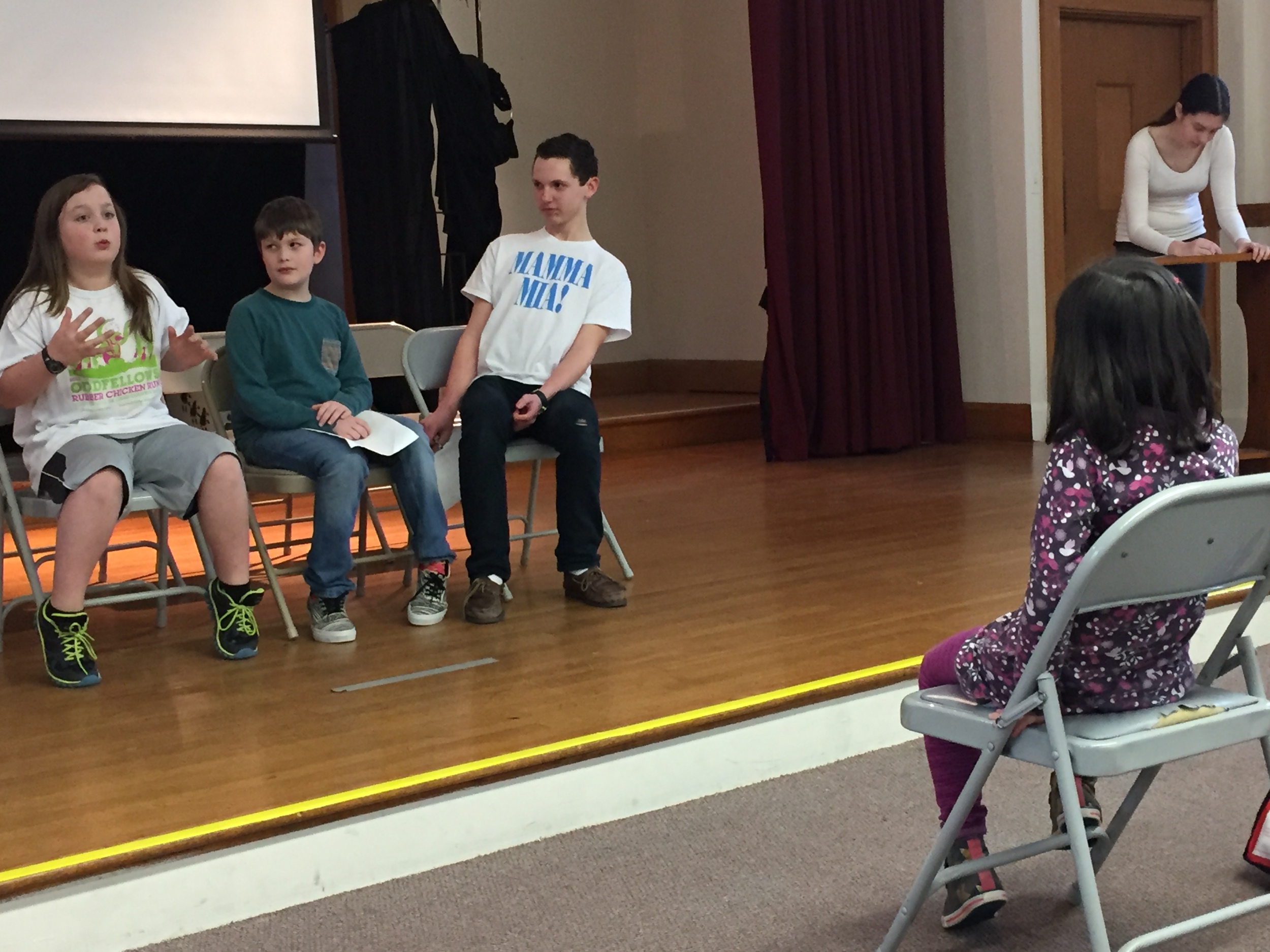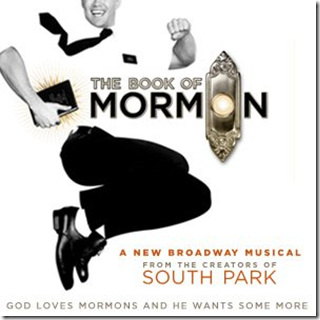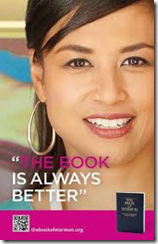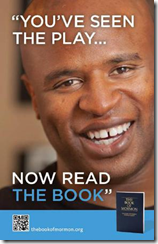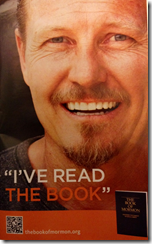I recently caused a bit of an uproar by admitting that I have never seen The Sound of Music because it looks incredibly boring.
When I wrote these words on my blog (and transitioned them over to Facebook), I knew that I would be met with backlash. I had already admitted this out loud and been scolded for my obvious stupidity.
Several passionate fans of this musical wondered why I would say such a thing. Why would I waste my time writing about how a film that I had never seen before looked boring, particularly when I know how almost universally beloved it is?
Here is how I responded:
I've always found that I reach more people when I share my least popular thoughts, my most embarrassing moments, my worst decisions, and my greatest moments of stupidity or thoughtlessness. These are the stories, thoughts, and ideas that generate the most energy, empathy, passion, interest, and conversation. In many cases, my stories of questionable decisions and unpopular ideas have been the things that bring people closer to me.
This may seem counter-intuitive. I know. I declare that a person's favorite film looks boring. How does that bring us closer together?
Through the passionate exchange of ideas. Through honesty and authenticity. Through vulnerability. You may not agree with my opinion or a decision I make, but you'll always know who I am and where I stand. You'll know my unvarnished self, and in today's world of carefully curated photography, social media massaging, personal branding, and political correctness, I think that the unvarnished self is refreshing.
We're all broken and flawed and foolish in some way, and those who are willing to admit to these unfortunate bits of ourselves often garner greater respect for doing so. I believe this. I see it everyday.
A friend of mine once said that "I live out loud." It was a good description. Truthfully, it's how I've always been. For as long as I can remember, I've always spoken my mind. Shared my stories. Tried to be my authentic self. Authenticity has always been something that I prized about all else. I'm not entirely sure why, but I suspect it has something to do with my desire to be known. Be heard. Be understood.
Admittedly, it's gotten me into trouble at times. I've shared honest moments from my life that have caused people to react strongly. I've been asked questions and felt the need to answer honestly. I may not share my unpopular opinion in certain social settings, but if asked, I feel compelled to do so.
Friends of ours don't allow shoes to be worn in their home. They ask guests to remove them upon entering the house, and they are kind enough to offer slippers to their guests. I hate this rule but said nothing about it for years. It was an opinion that needn't be shared. Then one day, the wife asked, "You don't mind taking off your shoes. Right, Matt?"
I had to answer honestly, and so I did.
The wife wasn't thrilled.
Then the husband, who knows me well, said, "Never ask Matt a question if you might not like the answer. He's nothing if not honest."
My friend was right, and he is fine with this. Undisturbed by my opinion on his shoe policy and accepting of my adherence to authenticity. He knows where I stand. He's never going to receive fakery from me.
Ask me a question, and I'll answer honestly.
As annoyed as some people were with my presumption that The Sound of Music looks boring, the expression of that opinion resulted in a fascinating, interesting, engaging, and energetic discussion, both online and in real life. We discussed this particular musical but also how we filter our media choices in a world inundated by content. People were vehement and forceful with their opinions, but in the end, I don't think anyone liked me any less for expressing this opinion.
In fact, I would argue that I became a tiny bit closer to those who disagreed with me the most. Our thoughtful exchange of ideas may have not resulted in agreement, but even better, it generated greater understanding and respect.
I also learned a lot. A friend of mine who I would never have expected to enjoy The Sound of Music told me that he has watched it at least ten times and offered this perspective on the movie and the song Edelweiss, which appears in the film:
"Edelweiss is a flower that only grows at high elevations in the Alps. In WWI, Austrian soldiers wore it only if they were able to climb by foot to pick it. It symbolized grit, strength, and patriotism. They’d pin the flower to their uniforms. My great grandfather served in the mountain battalion for the Austrian-Hungarian empire in WWI.
In WWII many Austrians fled Nazi Germany by climbing the Alps to Switzerland. Edelweiss became a symbol of freedom. They knew if they climbed high enough, they’d find the flower and peace. That’s what the song is about. My grandfather moved to the United States in the 30’s to escape the war and then served as a POW interrogator for the US because his first language was German. He cried every time he heard the song. It means a lot to Austrians."
Now that makes me want to see the film and listen closely to the song. I still may not enjoy either, but the historical background intrigues me, and the story of my friend's grandfather lodged itself in the center of my heart.
I would've known none of this had I not expressed an knowingly unpopular opinion.
Speak your truth, even if you know people won't like it. If you are being honest, authentic, and true to yourself, the road may get bumpy at times, but it will be a far more interesting road than the one driven by the cautious, the filtered, and the inauthentic.



